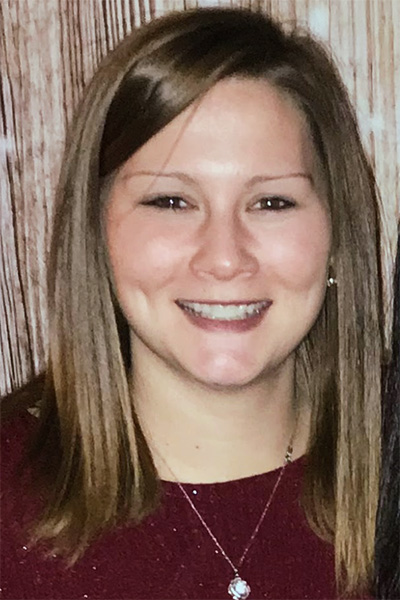- Apply
- Visit
- Request Info
- Give



Published on November 07, 2022
James Diller, Christopher Krebs and Jenna Gray, faculty members in Eastern’s Department of Psychological Science, have published an open educational resource (OER) book titled "Behavioral Pedagogies and Online Learning." Free and open to all, the book focuses on using behavioral instruction techniques in online classes.

Diller, department chair, co-authored two chapters in the book, the first with Gray and the second with Krebs as well as colleagues from Western Connecticut State University. “The first one,” he said, “provides an overview of behavioral instruction techniques and describes how they can be applied in online learning.” The second chapter “deals with applying some of these techniques in an online course,” said Diller.
An OER is an educational or research material that is free for user access. Diller viewed this aspect as a “really nice bonus” for the publication, adding, “I hope that by being part of an OER we will have a larger impact than we otherwise would, since that financial barrier is removed.”
Gray added, “I believe everyone has the right to access information, and putting an astronomical price on academic resources puts up a barrier that restricts people from accessing important information.”
Krebs said OERs benefit not only students and researchers, but also those who publish in them: “Textbooks are often quite expensive and removing that barrier is a huge benefit because it increases the accessibility of our work.”
Krebs is motivated in his research by his desire to optimize his teaching. “As such, I’ve been interested in empirically exploring ways in which we can make instruction more effective,” he said.

Krebs was "inspired by the forced pivot to online instruction during the pandemic,” and wanted "to share an evidence-based teaching technique that improves participation and learning outcomes to help those struggling to adapt to the online environment.”
Likewise, Diller’s interest in behavioral instruction techniques arises from his own passion for teaching, and the COVID-19 pandemic inspired greater research into techniques used in online courses.
“There is a natural fit between my interest in teaching effectively and the use of these evidence-based practices,” he said. “Doing research about these strategies helps inform my teaching, and my teaching informs my research interests. It’s a nice feedback loop.”
Gray, meanwhile, researched and wrote about interteaching and contract grading. “My interest in interteaching stemmed from having instructors use this technique in class and I became interested in contract grading when constructing my own syllabus for my classes,” she said. “I found students really like having options in what assignments they complete.” Transparency in instruction is a thread of interest that runs through her research.

Diller said that he has no firm future direction for research but hopes to find more information to make teaching more effective. He also hopes to publish in future OERs. Krebs, on the other hand, is “writing a manuscript detailing a study we recently completed during which we evaluated effects of a behavioral intervention (the “Good Behavior Game”) on participation by undergraduate college students here at Eastern.” He plans to conduct follow-up studies once this manuscript is submitted for publication.
In future research, Gray hopes to dive into syllabus construction. She referred to students who have told her they dropped a class because the syllabus was too lengthy, and she hopes her research will inform her of ways to maximize the effectiveness of her teaching. She also hopes to publish in future OERs. “I hope to continue contributing to open resources to ensure everyone has equal access to scientific research.”
Written by Noel Teter